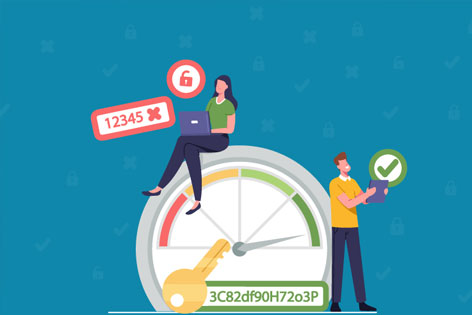
Provider: internet
17/09/2021
Facebook officials conducted an internal investigation in March 2020 showing that Instagram, the social media platform most used by teenagers, is harmful to the body image and well-being of teenage girls, but they swept those findings under the rug to continue doing business as usual, according to a September 14, 2021, Wall Street Journal report.
Facebook's policy of seeking profit regardless of documented damage has drawn comparisons to Big Tobacco, which knew in the 1950s that its products were carcinogenic but publicly denied this in the 21st century. Those of us studying teen social media use didn't need a suppressed internal research study to find out that Instagram can harm teens. Many peer-reviewed research papers show the same.
Understanding the impact of social media on teens is important because almost all teens go online on a daily basis. A Pew Research Center survey shows that 89% of teens report that they are online "almost constantly" or "several times a day."
Teens are more likely to log into Instagram than any other social media site. It is a ubiquitous part of teenage life. Yet studies consistently show that the more often teens use Instagram, the worse their overall well-being, self-esteem, life satisfaction, mood, and body image. One study found that the more college students used Instagram on any given day, the worse their mood and life satisfaction were that day.
Unhealthy comparisons
But Instagram is not problematic simply because it is popular. There are two key features of Instagram that seem to make it particularly risky. First, it allows users to follow both celebrities and peers, who can present a filtered and manipulated image of an unrealistic body along with a highly curated impression of a perfect life.
While all social networks allow users to be selective in what they show the world, Instagram is known for its photo editing and filtering capabilities. Also, that is the popular platform among celebrities, models, and influencers. Facebook has been relegated to soccer's uncool moms and grandparents. For teens, this seamless integration of celebrities and retouched versions of real-life peers presents an environment conducive to upward social comparison, or to comparing oneself to someone who is "better" in some way.
Human beings, as a rule, look to others to find out how to fit in and judge their own lives. Adolescents are especially vulnerable to these social comparisons. Almost everyone remembers worrying about fitting in in high school. Instagram exacerbates that concern. It's hard enough comparing yourself to a supermodel who looks fantastic (albeit leaked); It can be even worse when the leaked comparison is Natalie down the hall.





